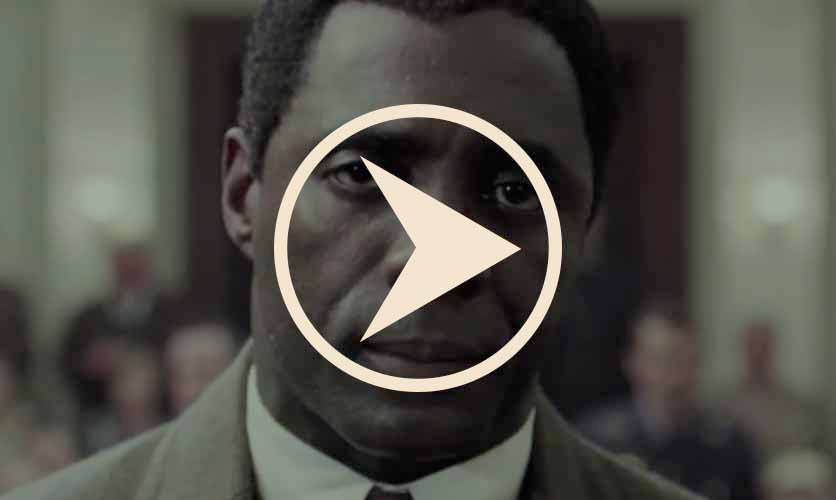Nelson Mandela Trial (1963-64)

It's "the trial that changed South Africa." In the fall of 1963, Nelson Mandela and ten other leading opponents of South Africa's apartheid regime went on trial for their lives. The charges (in what is often called "the Rivonia trial" for the Johannesburg suburb that was the location of the hideout for a militant wing of the African National Congress) were sabotage and conspiracy, and there was little doubt that but that Mandela and most of the other defendants would be found guilty. Desperate times had dictated desperate measures. Standing in the dock at the Palace of Justice in Pretoria, Mandela announced that "the ideal of a democratic and free society" is one "for which I am prepared to die."
Rivonia Discovered
Lieutenant van Wyk his informant were a week into their search for what the informant insisted was the hide-away of the ANC and members of its military wing, Umkhonto we Sizwe. Finally, as the two men traveled yet another road in Johannesburg's northern suburbs, the informant spotted a gabled house that he recognized. Down the next bend in the road, near a weathered sign bearing the name "Rivonia," the informant saw a gate that he said stood a few hundred yards from a farmhouse that was the secret meeting place of the leadership of South Africa's most determined anti-apartheid activists....Continued

